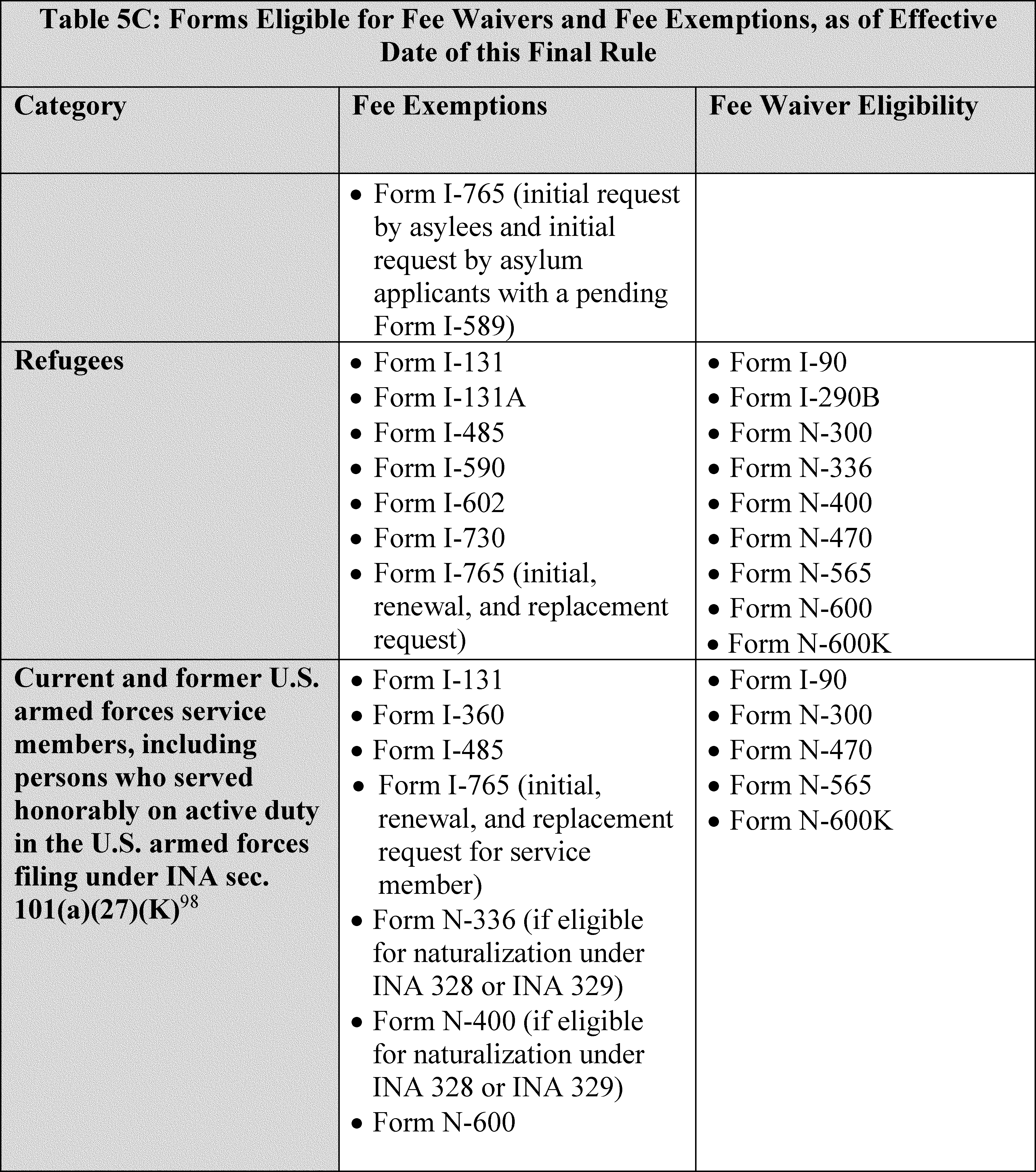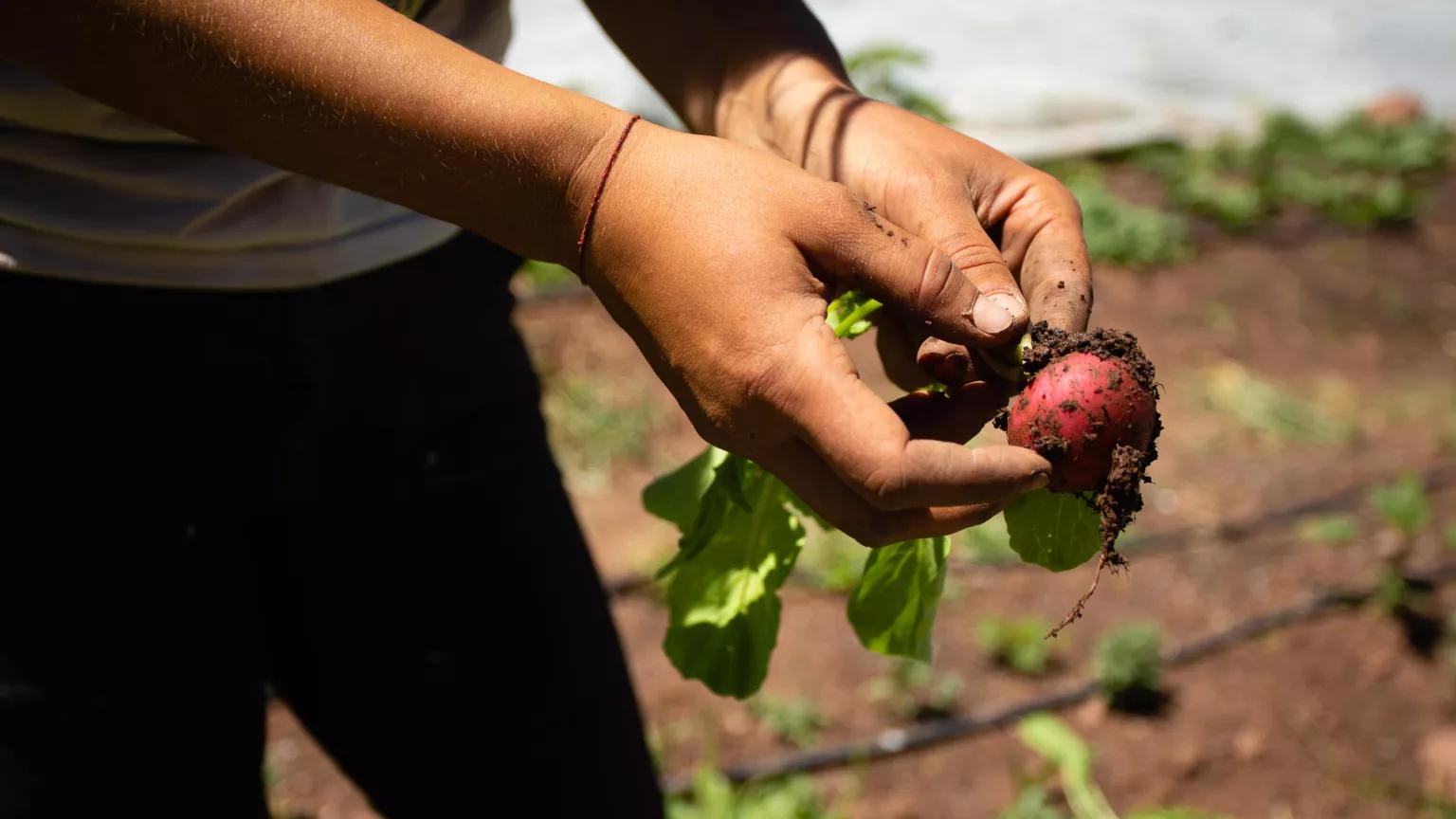Oregon has joined the ranks of 11 other states by enacting a new law that further limits the types of bags shoppers can use at grocery stores and other retail establishments. Signed into law last week by Democratic Governor Tina Kotek, this legislation closes a loophole in a previous law approved in 2020 and aims to reduce plastic waste that threatens both the environment and public health.
New Restrictions on Plastic Bags

Under the newly enacted legislation, grocery stores will no longer be permitted to offer consumers thicker, reusable plastic bags at checkout. This ban extends beyond supermarkets to include restaurants and various retail locations. The intention behind allowing thicker plastic bags was for consumers to reuse them multiple times; however, reports indicate that this seldom occurs. As a result, these bags contribute to significant environmental issues, prompting lawmakers to take action.
Democratic Senator Janeen Sollman, the chief sponsor of the bill, stated, “Wasteful disposable plastics like thick plastic checkout bags aren’t just annoying for consumers; they add unnecessary costs to our Oregon businesses and are contributing to an ever-increasing pile of plastic trash that is harming the environment and public health.”
Initial Provisions and Final Amendments

Originally, the bill aimed to restrict not only plastic bags but also plastic utensils, condiments, and toiletry items commonly distributed by hotels. These items would have been provided only upon request, similar to the state’s existing plastic straw-on-request law established in 2019. However, during its passage through the House, those provisions were removed, limiting the focus solely to plastic bag restrictions.
While the law is set to take effect in 2027, it signifies a growing commitment among states to combat plastic pollution and promote sustainability.
The Environmental Impact of Plastic Bags

Plastic bags have long been recognized as harmful to the environment. They often end up in landfills, where they can take up to 1,000 years to decompose. According to data from Environment America, Americans use approximately 100 billion plastic bags each year, which breaks down to about 300 bags per person annually. On a global scale, the usage of plastic bags may reach as high as five trillion, according to estimates from Beyond Plastics.
In addition, single-use plastic bags are a significant contributor to coastal debris, accounting for roughly 10% of the litter found along U.S. coastlines. While supporters of plastic bag bans highlight these statistics, opponents argue that consumers might simply switch to purchasing other types of plastic bags instead.
A Nationwide Movement Towards Plastic Bag Bans
Oregon’s new law places it among a growing number of states implementing strict regulations against the distribution of single-use plastic bags. Currently, the following states have enforced such restrictions:
- California
- Colorado
- Connecticut
- Delaware
- Hawaii
- Maine
- New Jersey
- New York
- Oregon
- Rhode Island
- Vermont
- Washington
California became the first state to impose stringent bag limitations in 2016, paving the way for others to follow suit. Pennsylvania is currently considering similar legislation, signaling that the movement against single-use plastic bags continues to gain traction across the country.
State Senator Judith Schwank, a proponent of the proposed Pennsylvania legislation, emphasized the environmental rights embedded within the state’s constitution. “Embedded within our constitution is our right to clean air, pure water, and the preservation of our environment for the enjoyment and use of generations to come,” she remarked in a memo. Schwank added that “plastic pollution poses serious threats to our environmental rights, public health, and community resources.”
The impetus for this legislation arose from a group of concerned young student advocates in her district, indicating growing awareness and activism around plastic pollution among younger generations.
Conclusion
As Oregon enforces stricter plastic bag regulations, it joins a nationwide effort to address the critical issue of plastic waste and its detrimental effects on the environment. With increasing support for legislation aimed at reducing plastic consumption, the landscape of consumer habits and environmental protection continues to evolve.
